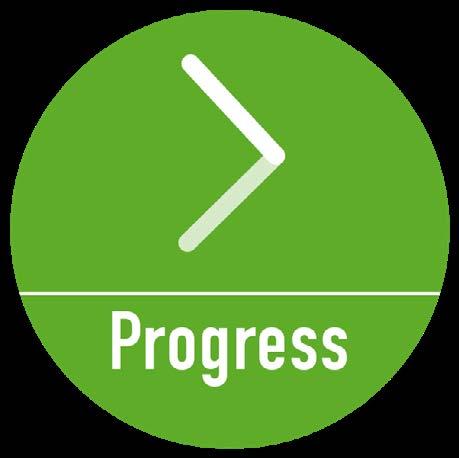






FACE-TO-FACE INTERVIEW
An in-person meeting between the candidate and the interviewer(s) remains common. The number of interviewers and formality of the interview varies between employers.
GROUP INTERVIEW
Involving multiple candidates, either answering questions in turn or discussing and responding to questions as a group. Quality of what you say and actively listening to others is important.
TELEPHONE INTERVIEW
Typically used as a method of initial screening early in recruitment, candidates who pass the telephone interview may be invited to a face-to-face or virtual interview at a later stage.
VIRTUAL INTERVIEW
These take the same format of face-to-face interviews, with the exception of being delivered online using the employer’s preferred online platform.
VIDEO INTERVIEW
Typically used as a method of initial screening early in recruitment, video interviews record your timed answers to a series of pre-set questions via an online portal.
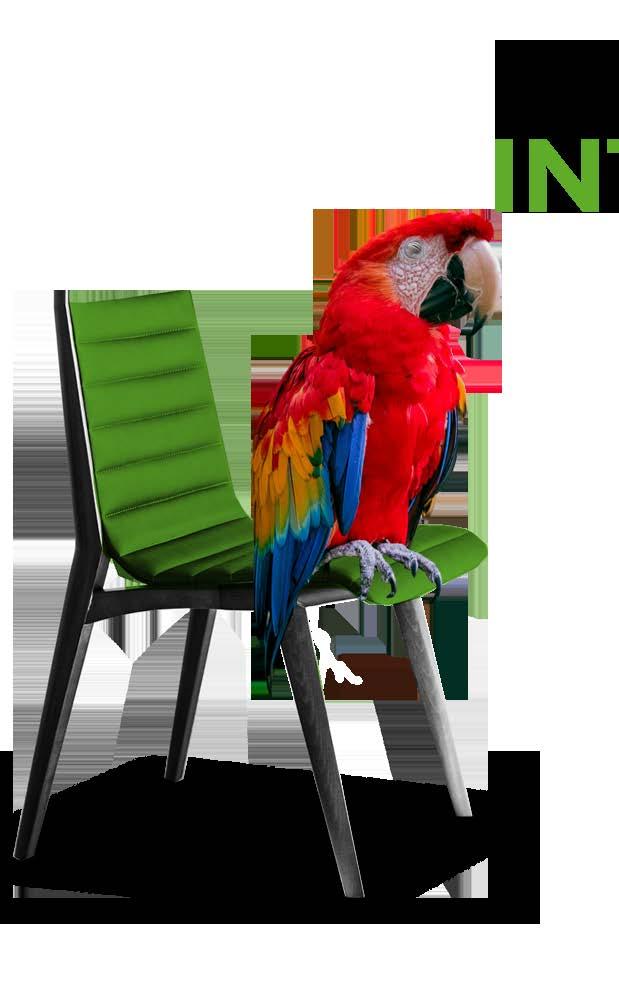
Employers want to find the right person for the role they are advertising and create interview questions based on the skills, experience and qualifications criteria they are looking for. Typically each candidate will be asked the same set of questions and the employer records and scores answers. The candidate with the highest interview score is offered the role.
Your pre-interview preparation should include;
• Analysing the job description and person specification to understand what the employer is looking for and, therefore, what they might assess at interview. This will help to anticipate questions and prepare responses.
• Reviewing your application documents (CV, cover letter, personal statement), as the employer may base a question on something you mentioned when you applied.
• Researching the organisation and related sector.
• Preparing questions to ask the employer.
Ask about your motivation to apply for the role, your knowledge of the organisation and/or your interest in the sector. Examples include;
• What are your reasons for applying for this role in our organisation?
• Why do you want to work in [marketing]?
• What are your future career plans?
Pre-interview research and practising answers will help you feel prepared. Focus on your skills, attributes and experiences relevant to the role and demonstrate your research into the organisation and sector giving specific reasons about why you applied.
(also called structured or behavioural)
Require you to evidence a skill or competency the employer is looking for, using a specific previous example of when you have demonstrated that skill or competency. See: Competency Interview advice from Prospects. Competency questions are usually structured in a similar way;
• Describe a time when you…contributed to effective team working
• Give an example of when you’ve…had to communicate complex information to others
To prepare, review the job description and person specification to really understand the role and imagine what potential challenges or situations could arise. When answering, give a considered answer by explaining what you would do and why. You could also refer to an example of how you have dealt with that type of situation before using the STAR Approach.
Focus on what you genuinely enjoy doing to assess whether you are a good match to the role. See: Strength-based Interview advice from Prospects. Examples include:
• What is your greatest achievement and why?
• Which tasks do you get the most satisfaction from? They can be difficult to prepare for, but for employers they mean that a candidate’s answer might feel more authentic. It is important to answer honestly, but consider if you can support your answer with a specific example using the STAR Approach.
These questions focus on you as an individual, so you can talk about yourself and your experiences in a way that is relevant to the role. Examples include:
• Tell me about yourself and your previous experience
• Why did you choose your degree subject?
If you have a disability, you may wish to ask about reasonable adjustments for the interview. See the ‘Guide to Disability and Work’.
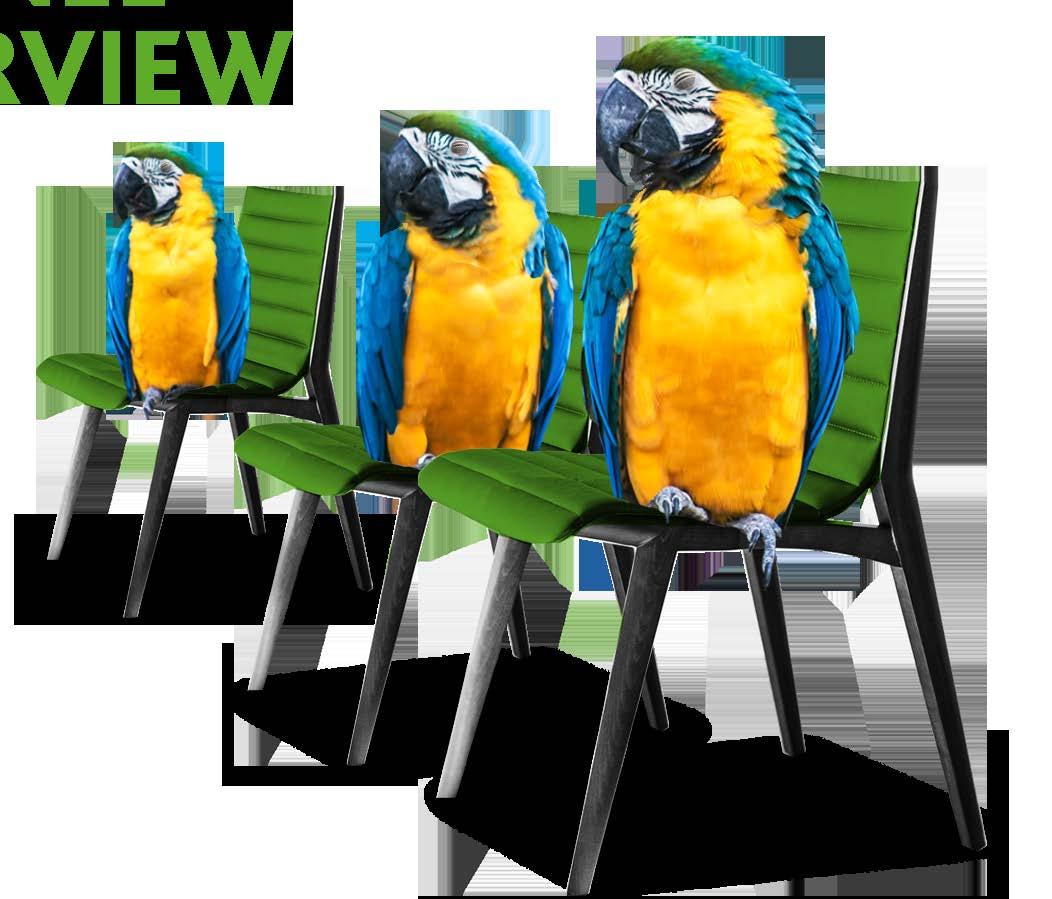
• Tell us about a time when you….solved a problem in a creative way
It is important to give one specific example that answers the question, rather than talking broadly about a range of past experiences. To focus on a specific example, use the STAR Approach;
• Situation - What was the situation and when did it take place? (10%)
• Task - What was your task and/or objective? (10%)
• Action - What action did you take to achieve this? Why and how? (70%)
• Result - What happened as a result of your action? (10%)
To prepare, aim to practise at least two STAR examples for each skill or competency. Your example can come from any past experiences (part-time job, internship, volunteering, hobby, degree etc). See the Bath Spa Careers ‘Guide to Using the STAR Approach’ for detailed advice.
SCENARIO QUESTIONS
(also called hypothetical or situational questions)
Ask how you would respond to a particular scenario that might be common in the job role you have applied for. Hypothetical questions are usually structured in a similar way;
• What would you do if…you had to work with a difficult colleague
• How would you deal with a situation where…you identified a problem
AND KNOWLEDGE-BASED QUESTIONS
If specific technical skills or knowledge are important to the role, you may be asked questions during the interview or be asked to undertake a task as part of your interview. Prepare by reflecting on your technical skills or knowledge and how you have used them in the past.
Although not common, unusual questions may be asked to see if you can think on your feet, as your answer will be authentic rather than rehearsed. Take your time before answering and bear in mind there is no right or wrong answer. Examples include:
• If you were an animal, what type of animal would you be?
• If you could invite any 3 people to dinner, who would you choose and why?
Think of questions you would least like to be asked. Is there a gap in your CV? Have you had some poor academic results? Were you ever fired from a job? Prepare an answer to each one. Answer as honestly as you can without being defensive, and try to remain positive to show you can overcome, and learn from, difficulties.
The opportunity to ask questions at the end of the interview enables you to assess if the organisation and role suits you. Questions could relate to specific aspects of the role, training opportunities, or the wider organisation, for example. Prepare questions, focusing on asking 2-3 that are most important to you. See Prospects: questions to ask at interview
The majority of people get nervous about interviews and it is good to acknowledge this. Think positively and ensure you are prepared as possible to help reduce the stress on the day by;
1. Researching: the organisation/sector
2. Re-reading: all job and application documents, so that you can build on what you have already told them at interview
3. Revising: identify the key criteria the employer is looking for using the job description and person
Sometimes you might not get a job offer simply because another candidate scored slightly higher or had more relevant experience than you, but do ask for feedback. This will give you the opportunity to reflect on and identify any potential areas for development.
• Plan your journey (for in-person interviews).
• For telephone, virtual or video interviews choose a quiet environment with no distractions.
• For virtual interviews, test your technology and ensure your background is professional.
• Have with you: a copy of the interview invitation, the organisations’ contact details, a copy of your CV and/or application form, any notes or prompts that might help you, as well as questions you want to ask.
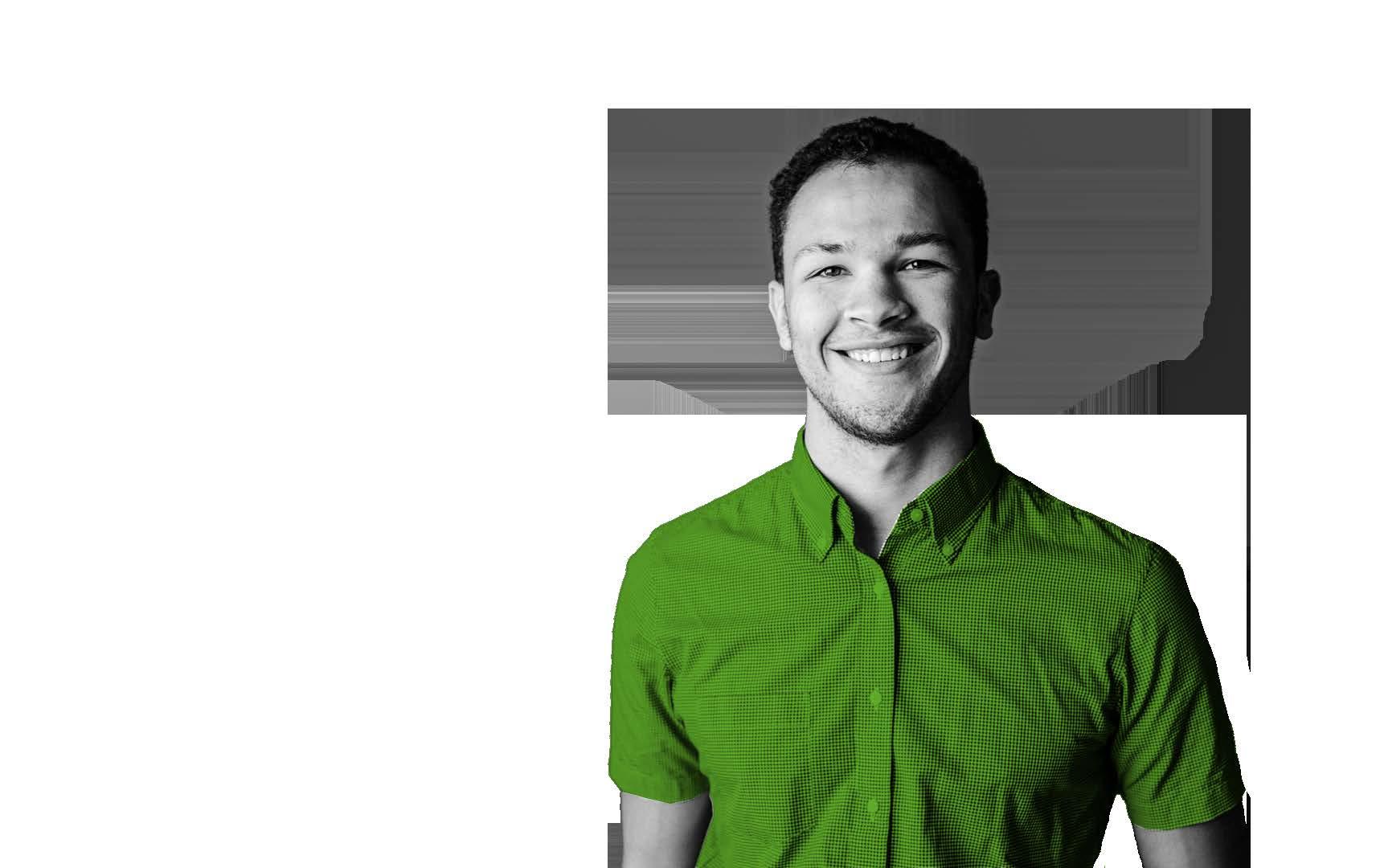
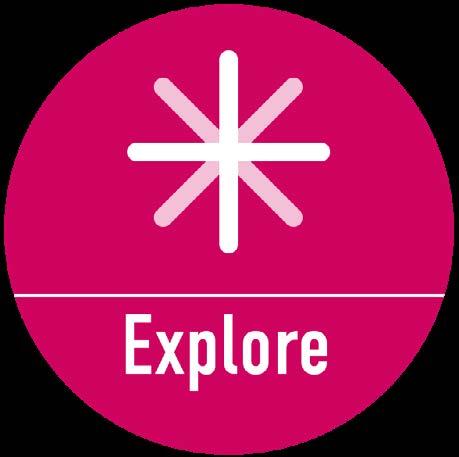
Bath Spa Careers and Employability is here to help you get a great start to your career. We are open year round, so to find out more about how we can support you go to: www.bathspa.ac.uk/careers
As a student or recent graduate, MyCareer is your online portal for booking events, accessing appointments, submitting queries, and searching for jobs and placements.
You can also follow @bathspacareers on social media: Facebook | Twitter | YouTube | LinkedIn | Instagram
Every effort has been made to ensure the information in this resource guide is accurate but we recommend that you check all details carefully.
The University is committed to the promotion of equality and diversity. If you require this publication in an alternative format, please go to MyCareer to submit a request via ‘Questions’.

